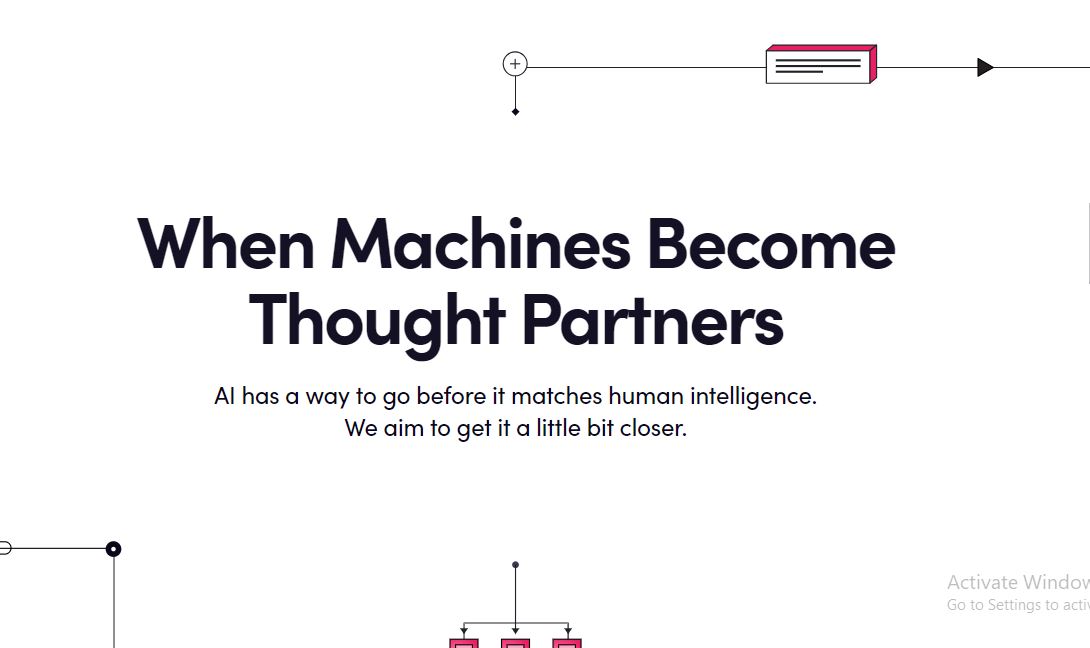Generative AI startup AI21 Labs secures $155M at a $1.4B valuation
An Israeli startup called AI21 Labs has secured $155 million in a Series C funding round from a group of investors led by Walden Catalyst, Pitango, SCB10X, b2venture, Samsung Next, and Amnon Shashua, the founder of Intel-owned Mobileye and a co-founder of AI21 Labs. Google and Nvidia also participated in the funding round. The company’s total funding is now $283 million, valued at $1.4 billion. AI21 Labs is known for its AI text-generating tools, with its first launch being the AI writing tool called Wordtune. The company has grown steadily since its launch, with plans to add more employees.

In 2017, AI21 Labs was established by Shashua, Shoham, and Ori Goshen. Shoham, a former professor at Stanford, had previously sold two companies to Google: the time management app Timeful and social network friends organizer Katango. Conversely, Goshen is a serial entrepreneur who has co-founded and led several Israel-based tech companies, including the telco analytics firm Crowdx. The company’s co-founders have an impressive track record in the tech industry, and their expertise serves as a solid foundation for AI21 Labs.
AI21 Labs offers AI-powered tools for developers to create custom text-based business apps. AI21 Studio is a pay-as-you-go platform that utilizes the company’s proprietary text-generating AI models, including its cutting-edge Jurassic-2 model. Additionally, AI21 Labs sells access to Wordtune, a multilingual reading and writing tool that functions similarly to Grammarly. These tools can provide valuable assistance for businesses to streamline their content creation and editing processes.
APIs are available from AI21 Labs for various generative AI applications, such as summarization, paraphrasing, and grammar and spelling correction. The company’s models now support a growing list of languages, including Spanish, German, Italian, and Dutch. The generative AI market is highly competitive, with various startups and established players vying for market share.
Please revise the content while ensuring that the revised version retains the original meaning and intention. After that, proofread the final version to rectify any errors or inconsistencies. Additionally, check the revised content for coherence and flow to ensure the ideas are logically organized.
According to Shoham, AI21 Labs’ solutions have several advantages over other generative AI apps despite their similar appearance and lack of a higher R&D budget. Firstly, they are developed on some of the world’s largest and most sophisticated language models, which provide more refined control. Additionally, they are trained on up-to-date data, unlike text-generating models trained on older data, which cannot accurately answer questions about current events.
According to Shoham, integrating AI21’s AI systems is simple and yields dependable and accurate outcomes. The industry faces a significant challenge regarding the quality and quantity of training data, which AI21 has addressed by using current data, regularly training their models with additional data, and ensuring that the data used is reliable and trustworthy. Although I cannot verify the accuracy of AI21 Labs’ products, they are gaining traction despite their drawbacks.
According to Shoham, the number of customers that AI21 Labs serves remains undisclosed, but he did mention that “several” Fortune 100 companies are among them. He also revealed that their product, Wordtune, has over 10 million users. Amazon’s AI development platform, Bedrock, had AI21 Labs as a launch partner. Shoham is optimistic that this new funding will help them reach their goal of developing advanced AI with the ability to reason across multiple domains. They plan to use the funds to accelerate their research and development efforts, expand their team of 200 employees, and establish more partnerships across the tech industry. As part of their efforts, the company recently hired Pankaj Dugar, a former executive from Google and Databricks, to be their SVP of go-to-market and GM of North America. It is worth noting that developing large language models is an expensive venture, so the funding will be crucial in supporting their goals.
According to reports, ChatGPT, an AI-powered text-generating model developed by OpenAI, cost the company $540 million to create last year. Additionally, research by AI21 Labs suggests that training a similar model with 1.5 billion parameters can cost up to $1.6 million. Notably, the predecessor to AI21 Labs’ Jurassic-2 model, Jurassic-1, had a staggering 178 billion parameters.
However, these costs don’t even factor in hosting expenses to keep the models running. OpenAI reportedly spent up to $700,000 daily to maintain the infrastructure hosting ChatGPT. Based on rough calculations, it could cost about $87,000 annually to run a model as large as GPT-3 on a platform like AWS. Although AI21 Labs is partnered with AWS, it’s unclear if they receive any volume discounts, making the overhead costs difficult to determine.
In summary, developing and hosting AI-powered text-generating models can be extremely costly, highlighting the importance of effectively utilizing these resources to maximize their potential benefits.